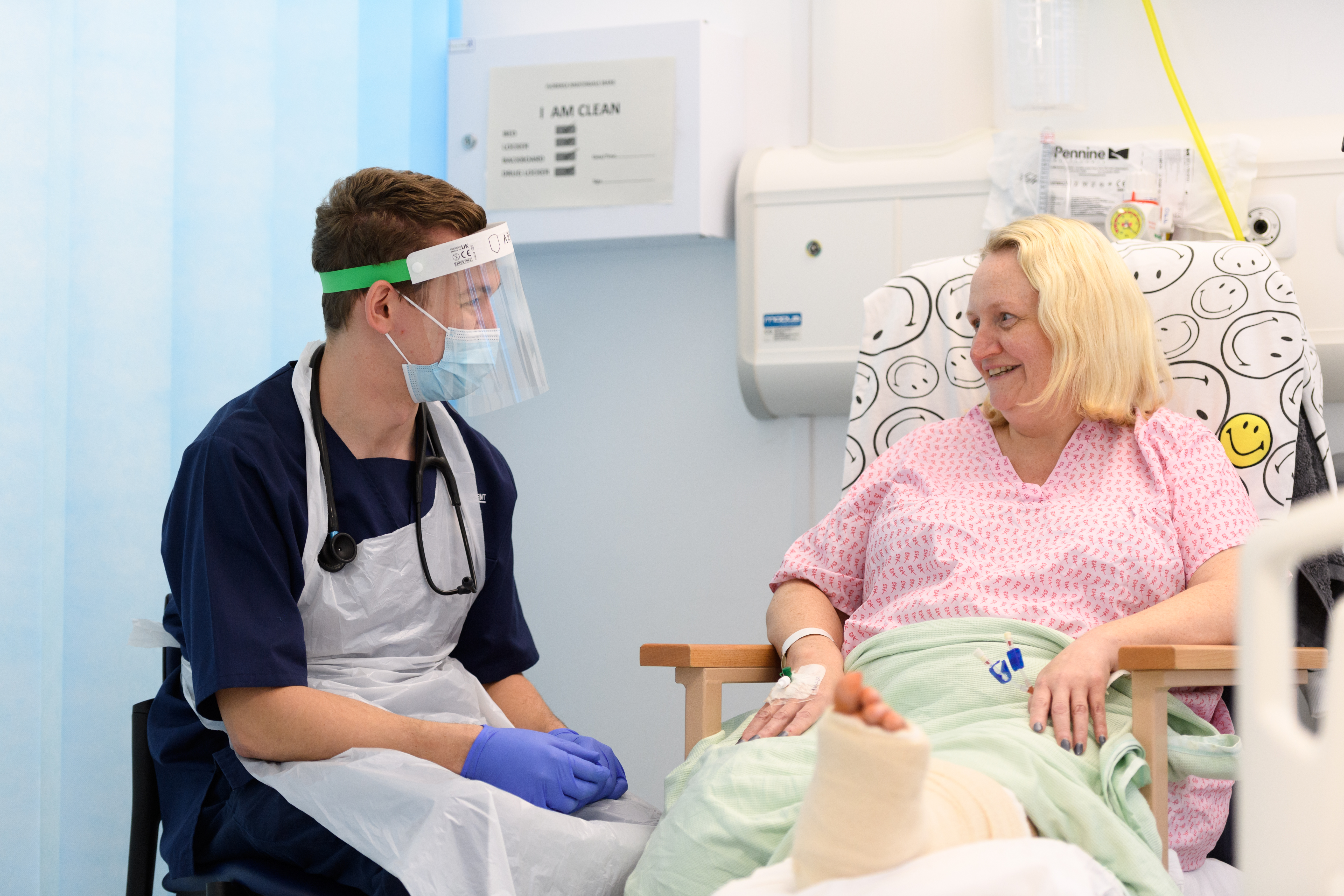Exams
Phase 3 Exams

Brief timeline:
- WPA: WMS-specific prescribing exam, taking 75 minutes, usually July of 3rd-year (2nd sit in September)
- UKMLA: national, standardised, 2-part assessment; comprised of written (AKT) and practical (CPSA) components
- Usually over 3-weeks, mid-February to early-March of final year; resits normally over 2-weeks, early/mid-April
- AKT: 2-day written exam, early-February of 4th year; 2 hours + 100 marks for 'Medicine', then 2 hours + 100 marks for 'everything else'
- CPSA - OSCEs: typically 10 stations in 1 day of practical skills, 5–10 minutes each, mid-February of 4th year
- CPSA - OSLERs: typically 6 stations of full patient management, over 2 days, end of February to early March of 4th year
- PSA: national 1 hour prescribing exam; usually offered 2 sits, 1 pre- and 1 post-Finals

UKMLA
From 2025, UK medical students must pass the MLA (the national, standardised assessment) for their degree, to then join the medical register.
It has two parts; the written applied knowledge test (AKT) and the practical clinical and professional skills assessment (CPSA).
The MLA tests what Drs are likely to encounter in early practice and what’s essential for safe practice. Find out more here.Link opens in a new window
AKT
The written exam for Phase 3 in your final year; you'll have 2 hours covering 'Medicine' on Day 1, then another 2 hours covering 'everything else' the day after, Day 2.
Refer to the presentation list and learning outcomes to track what you should cover, and the MLA content map is also useful to refer to, to check the conditions and presentations you know.


OSLERs (part of CPSA)
At the end of Phase 3, you will have 6 OSLER cases, taking place over 2 days.
It takes place in one of the hospital trusts and may involve real or simulated patients.
Use the Leicester Assessment Package (LAP) marking criteria when practising, as it forms your assessment criteria. Here you'll find the LAP scribble sheet!
Tip
Make the most from the SCP and ACC OSLERs. Look out for mocks ran by JustFinals too, usually closer to the exam.
OSCEs (part of CPSA)
For Finals, you will (usually) have 12 OSCE and 4 rest stations.
Each station usually varies between 5 and 10 minutes.
Stations assess more than 1 component; the range of clinical skills assessed include:
| History Taking | Clinical Examination | Counselling |
| Results Interpretation | Communication Skills | Professionalism |

Tips
- Practice 3-4 minute histories
- Safety-net by 'checking guidelines / with a senior'
- Offer a follow-up
- Use a watch; be prepared to be cut-off

Prescribing Safety Assessment (PSA)
Prescribing is fundamental to a Drs role as we will write and review prescriptions every day. It's an online exam on prescribing safely; all Drs must pass the PSA to achieve a Foundation Year 1 Certificate of Completion (F1CC) at the end of FY1.
There are multiple dates, and WMS typically offer us 2 for the 1st sit, on either side of Finals.
It assesses 8 areas: prescribing, prescription review, planning management, providing information, calculation skills, adverse drug reactions, drug monitoring, and data interpretation. Click here for more.
Tip
Usually a WMS society runs a 'PSA Prep' course - WMSPATS have, or a group of pharmacist-med-students.If running, join it!
Warwick Prescribing Assessment (WPA)
A WMS-specific exam lasting 75 minutes, it covers the practicalities of prescribing. 4 questions ask you to prescribe on medicine charts and Discharge Letters, involving polypharmacy, controlled drugs, IV infusions, antimicrobials, and paediatric doses. 1 question asks you to review, identify, and describe errors on a complete drug chart.
You'll use the digital BNF in the exam to check the formulations available, dosages, contraindications, interactions, and other important information.
The main sit is typically early July of 3rd year, with resits in September.
Tip
Practice prescribing on placement and ask for feedback! Ask a nurse for some common drugs for your unit for the prompts, and ask the pharmacists for advice and support.

